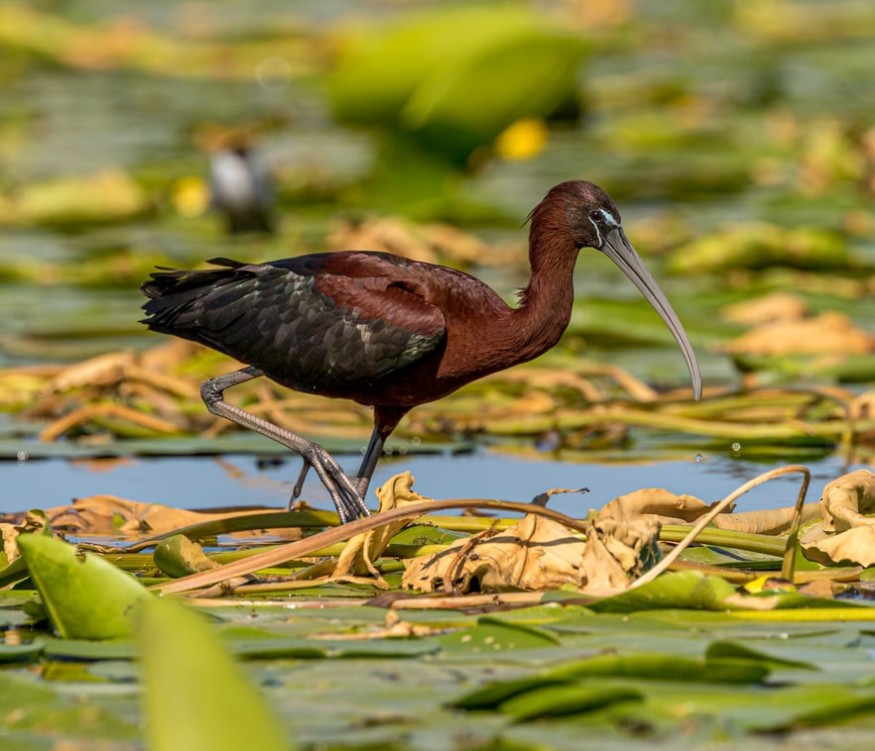
Wetlands are an important type of ecosystem since it is responsible for providing water in towns and cities, and protects them from floods and drought. The wetlands also provide livelihood and are home to a big number of flora and fauna species. Most importantly, wetlands store more carbon than any other ecosystem. Unfortunately, wetlands are among the least important matters discussed in terms of policy-making. According to the data provided by Wetlands International, 64% of the world's wetlands have already disappeared since the beginning of 1900 and almost 90% were gone by the time the Industrial Revolution is in full swing.
One of the testaments to this neglect and wetland conversion is the Danube Delta Biosphere Reserve. Due to the installation of dams in the center of the wetland, local rivers slowly dried. But, a team of biologists and conservationists from Rewilding Europe is determined to bring the Ukranian part of the reserve back to life.
WHAT IS THE IMPORTANCE OF THE DANUBE DELTA BIOSPHERE RESERVE?
The majority of the Danube Delta Biosphere Reserve lies within the territory of Romania and Ukraine and is made up of a network of lakes, channels, and islands at the end of a 2,860 kilometer-long river. It is the largest wetland and reed bed in the continent of Europe and it constitutes the continent's largest water purification system. The wetlands are home to 312 important bird species, many of which consider the delta as their breeding ground.
Back in the 1970s, at least 11 dams were installed by the Soviet Union on the Sarata and Kogilnik rivers to serve as an alternative footbridge that can give access to the aquifers in the area. According to Maxim Yakovlev, an ornithologist and a part of Rewilding Ukraine, he can still remember a time before the construction of the dams when the ecosystem of the wetlands was richer. "Back then, before the dams, when the ecosystem was functioning properly, we had healthier soils and vegetation," he narrated to the Guardian. "My grandparents told me how different it was here."
REWILDLING EUROPE'S ADVOCACY TO RESTORE THE DANUBE DELTA
Like forests, wetlands are facing constant threats of destruction. Fortunately, a non-profit organization called Rewilding Europe is determined to enhance wetlands all over the continent especially the Danube Delta Biosphere Reserve. Yakovlev explains that without the dams, former polders are reflooded which makes way for shallow waters and reed beds to become spawning grounds for fish and nesting sites for birds.
Yakovlev and his team of biologists and conservationist are working under Rewilding Ukraine, a branch of Rewilding Europe which serves as the overseer of the removal of dams in the wetlands. In a statement, he shared how "amazing" it had been for him to see the speed of nature's recovery. "Just in the last few weeks, we have seen fish return and otters establishing new territories as soon as the dams were removed."
Another Rewilding Ukraine project is being observed 60 miles from Yakovlev's area on the island of Ermakov where biologists are studying how the introduction of large herbivores regulates and improves the wetland ecosystem.
© 2026 ScienceTimes.com All rights reserved. Do not reproduce without permission. The window to the world of Science Times.











